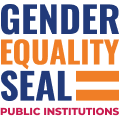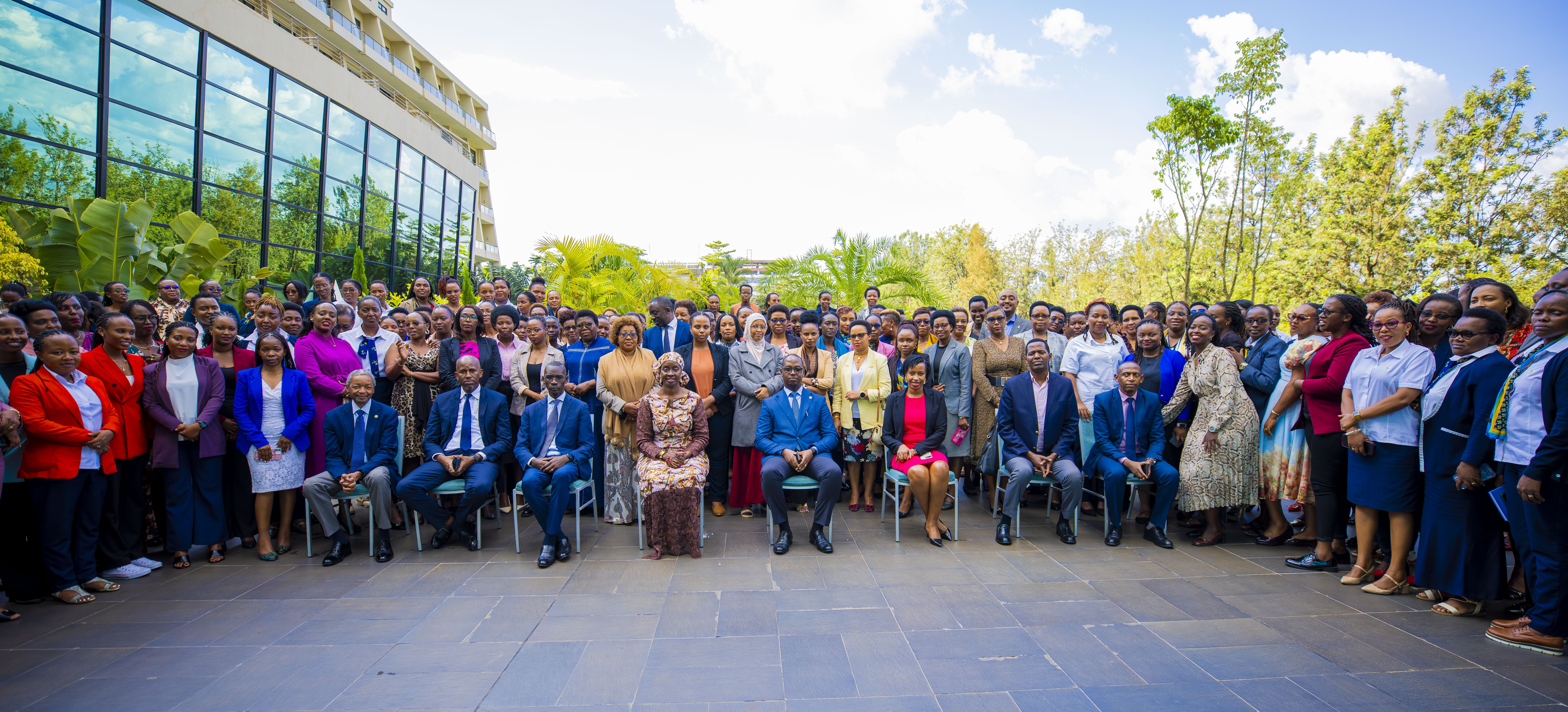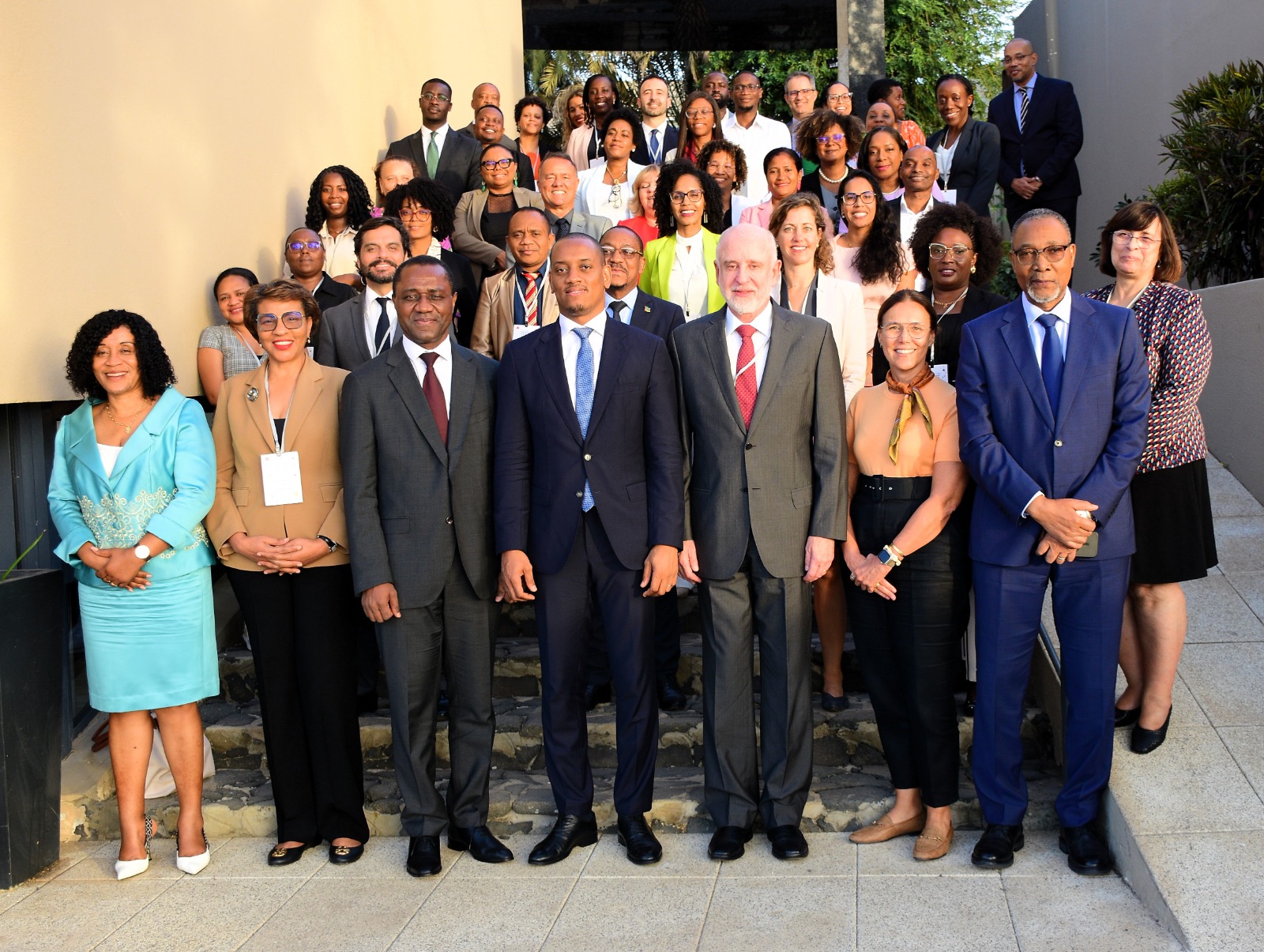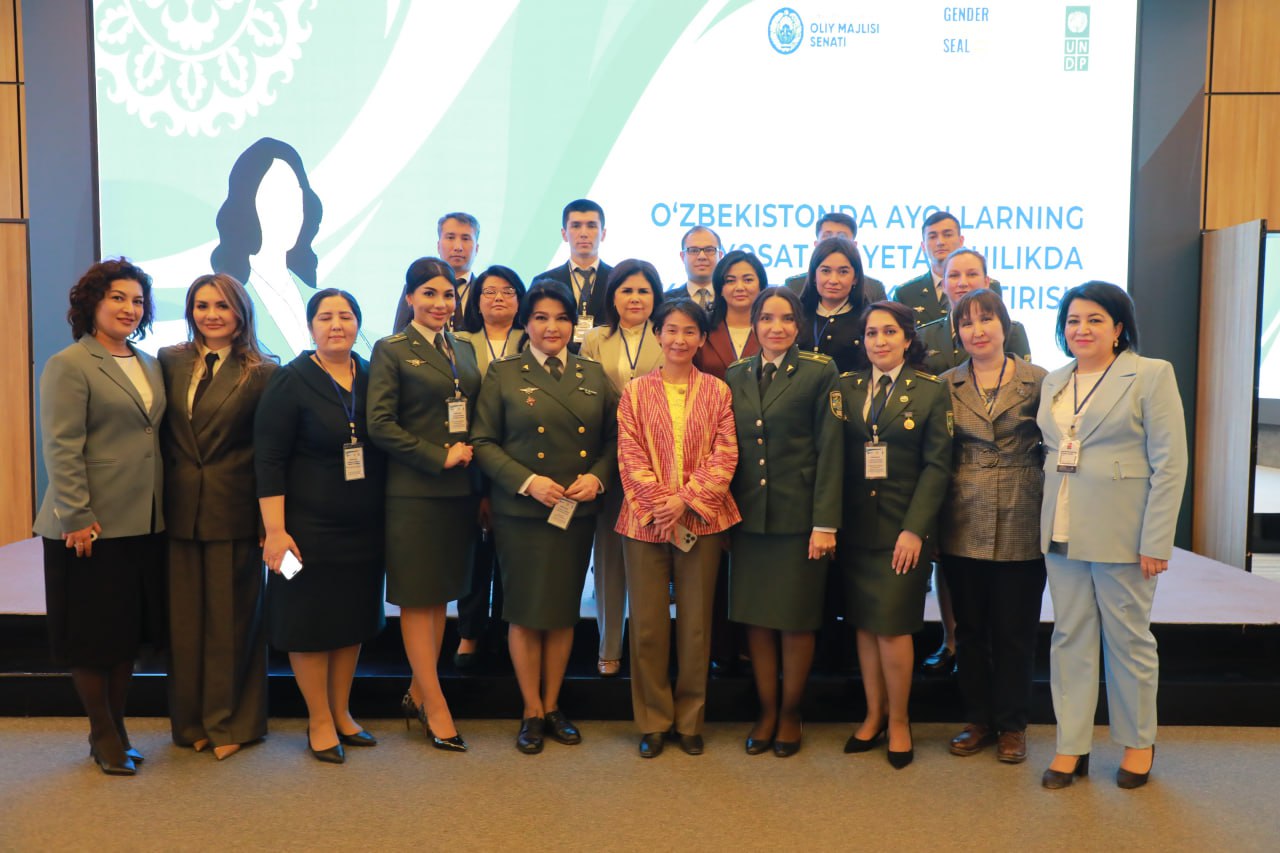As the highest authority of Peru’s National Control System, the Office of the Comptroller General of the Republic of Peru (CGR) demonstrated significant progress in integrating a gender perspective into its organizational culture and areas of competence. This effort culminated in the awarding, on July 2, of the Gender Equality Seal for Public Institutions, Gold category, presented to the Comptroller General of the Republic, Nelson Shack, by the UNDP Representative in Peru, Bettina Woll. Ms. Jessica Oliveira, the General Director for Gender Equality and Non-Discrimination at the Ministry of Women and Vulnerable Populations, was also present at the ceremony.

The Office of the Comptroller General of the Republic (CGR) is a constitutional and autonomous body responsible for ensuring the legality of the execution of the State budget, public debt operations, and the actions of institutions subject to control.
During the implementation of UNDP’s Gender Equality Seal for Public Institutions, the CGR incorporated new practices into those it was already implementing, such as the creation of a guide for integrating the gender perspective into work, capacity building through courses and workshops, and the dissemination of various internal campaigns on equality and non-discrimination.
Internally, the CGR dedicated itself to strengthening equal opportunities for women and men by facilitating the hiring of women-led companies and promoting female participation in decision-making positions. The institution also adopted a zero-tolerance policy towards sexual harassment and discrimination. Additionally, to balance staff’s professional and personal lives, measures such as lactation rooms, maternity and paternity leave, and teleworking were implemented. Campaigns were also launched to encourage male participation in unpaid care work.
It is noteworthy that the active participation of the CGR’s high authorities, with their involvement in strategic meetings and public statements in favor of gender equality, and both the management and the technical team committed and working towards the same goal, were fundamental to the success of the Seal’s implementation.

An innovative practice was to include the gender variable in the National Anti-Corruption Observatory (OBANT) in its two lines of research, that is, Corruption and Government Control. Thus, the 2023 Government Control Report on Social Spending integrates the analysis of the relationship between spending on certain social programs and the evolution of some performance indicators of these same programs, such as maternal mortality or contraceptive methods coverage.
Another outcome achieved by the CGR was the creation of Outcome Reports and Contributions to the SDGs. The first report, related to SDG 5, was based on the analysis of 44 control service reports conducted between 2018 and 2023. The report shows how auditing entities can play a decisive role in generating positive impacts through the implementation of recommendations and the correction of adverse situations. For example, the report showed how the CGR has generated improvements in the implementation of the national violence prevention program and thus a direct benefit for female victims.
The progress achieved by the CGR is an example that it is possible to institutionalize the gender perspective in the culture of supreme audit institutions and that this is a process of continuous improvement.











